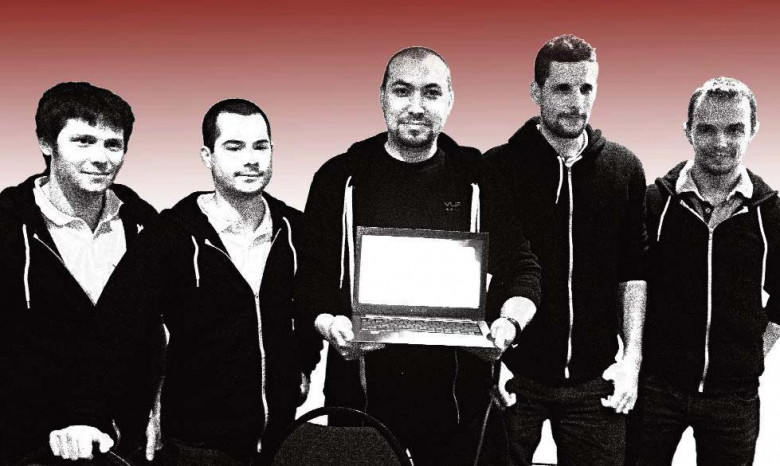Vupen says they wouldn't sell 'sandbox escape' details to Google for even $1 million
At a Google-run competition in Vancouver last month, the search giant’s famously secure Chrome Web browser fell to hackers twice. Both of the new methods used a rigged website to bypass Chrome’s security protections and completely hijack a target computer. But while those two hacks defeated the company’s defenses, it was only a third one that actually managed to get under Google’s skin.
A team of hackers from French security firm Vupen were playing by different rules. They declined to enter Google’s contest and instead dismantled Chrome’s security to win an HP-sponsored hackathon at the same conference. And while Google paid a $60,000 award to each of the two hackers who won its event on the condition that they tell Google every detail of their attacks and help the company fix the vulnerabilities they had used, Vupen’s chief executive and lead hacker, Chaouki Bekrar, says his company never had any intention of telling Google its secret techniques—certainly not for $60,000 in chump change.
“We wouldn’t share this with Google for even $1 million,” says Bekrar. “We don’t want to give them any knowledge that can help them in fixing this exploit or other similar exploits. We want to keep this for our customers.” Those customers, after all, don’t aim to fix Google’s security bugs or those of any other commercial software vendor. They’re government agencies who purchase such “zero-day” exploits, or hacking techniques that use undisclosed flaws in software, with the explicit intention of invading or disrupting the computers and phones of crime suspects and intelligence targets.










































































